MCQ ON ALLERGY/HYPERSENSITIVITY class 12 for NEET | ALLERGY/HYPERSENSITIVITY class 12 | MCQ ALLERGY/HYPERSENSITIVITY with Answer | Check the below NCERT MCQ question for class 12 Biology based on the with Answers.
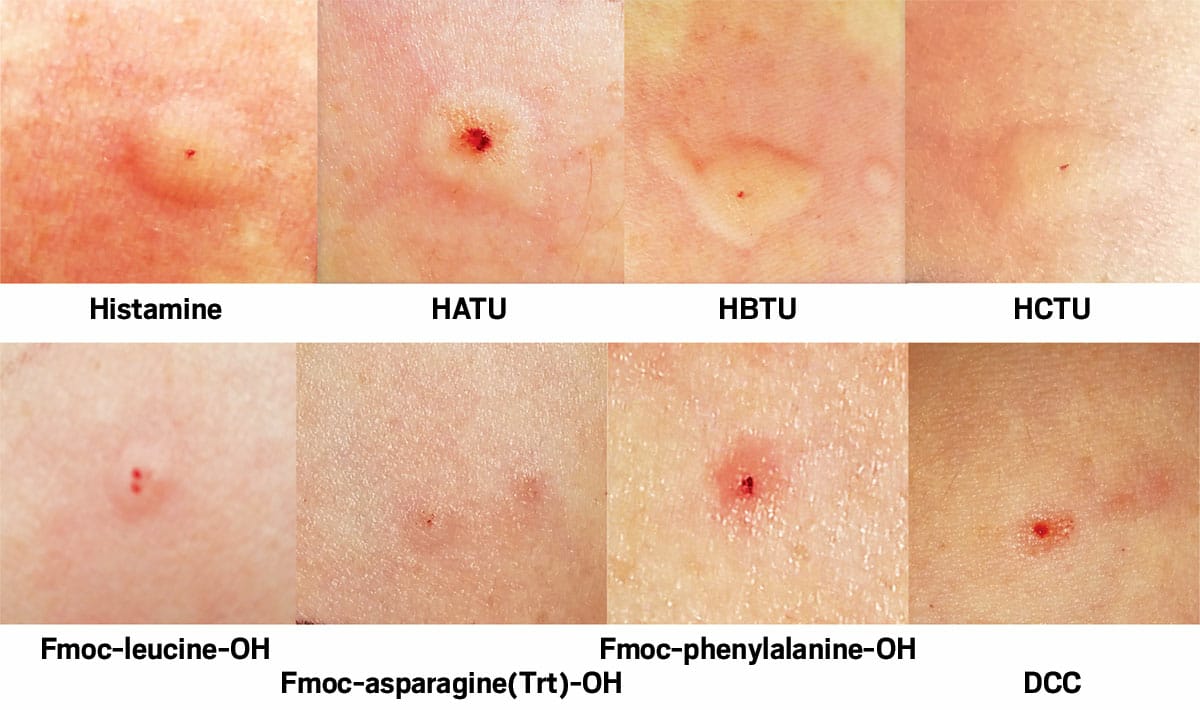
MCQ ON ALLERGY/HYPERSENSITIVITY class 12 for NEET
MCQ on ALLERGY/HYPERSENSITIVITY class 12 Biology with answers were prepared based on the latest pattern.We have provided class 12 Biology MCQs questions on ALLERGY/HYPERSENSITIVITY with Answers to help students understand the concept very well.
MCQ ON ALLERGY/HYPERSENSITIVITY is useful for NEET / CSIR / UGC / CBSE / ICSE / AIIMS / EXAM / AFMC EXAM / STATE LEVEL MEDICAL EXAM 2022-23, 2023-24
Introduction:
Allergy is non infectious unisual reduction or hypers sensitivity of an individual to a foreign substance or agent that is harmless to other individual. Allergen is a foreign substance or agent that produces hypersensitivity in an individual for example Pollen, spores, dust, scent, woollen etc. The allergence on first contact function as a mild antigen. The process is called sensitisation. It produces antibodies which remain attached to mast cells. Whenever the allergen enter the body of sensitised person it causes antigen antibody reaction and lysis of mass cells. This release histamine. Histamine and IgE antibody acts as allergy mediator. It dilates arteries and cause fluid accumulation.
MCQ ON ALLERGY / HYPERSENSITIVITY class 12 for NEET
1. Exaggerated response of the immune system to certain antigens present in the environment is called
(a) allergy
(b) immunity
(c) autoimmunity
(d) active unity
Ans (a) allergy
2. The substances to which such an immune response is produced are called
(a) antibiotics
(b) allergens
(c) mast cells
(d) vaccine
Ans. (b) allergens
3. The antibodies produce to these allergens are
(a) IgM type
(b) IgA type
(c) IgD type
(d) IgE type
Ans. (d) IgE type
4. Common examples of allergens are
(a) mites in dust
(b) pollens
(c) animal dander
(d) all the above
Ans.(d) all the above
5. Symptoms of allergic reactions are
(a) sneezing
(b) watery eyes
(c) running nose and difficulty in breathing
(d) all the above
Ans.(d) all the above
6. Allergy is due to the release of chemical like histamine and serotonin from the
(a) helper cells
(b) mast cells
(c) killer T cells
(d) WBC
Ans.(b) mast cells
7. The drugs which is which quickly reduce the symptoms of allergy
(a) antihistamine
(b) adrenalin
(c) steroids
(d) all the above
Ans.(d) all the above
8. Modern day life style has resulted in lowering of immunity and more sensitive to allergens more and more children in the metro cities of India suffer from………… due to sensitivity to the environment
(a) allergies and asthma
(b) allergies and AIDS
(c) cancer and AIDS
(d) allegies and cancer
Ans.(a) allergies and asthma
9. The allergence on first contact function as mild antigen this process is called
(a) vaccination
(b) immunization
(c) sensitisation
(d) histamine
Ans. (c) sensitisation
10. Asthma is a disorder characteriz by
(a) narrowing of bronchi
(b) disfunction of liver
(c) widening of bronchi
(d) all the above
Ans. (a) narrowing of bronchi
11. it is a hyper sensitive reaction of body to foreign substance like be sting penicillin serum protein results in breathless palour and collapse due to marked dilation of arteries very low blood pressures collection of tissue fluid below skin.
(a) Anaphylaxis
(b) Hay fever
(c)Oedema
(d) Urticaria
Ans.(a) Anaphylaxis
12. Allergy reactions are countered by administration of antihistamines like
(a) phenindamine
(b) diphenhydramine
(c) cyclizine
(d) all the above
Ans . (d) all the above
13. Shock organ of allergy is
(a) spleen
(b) heart
(c) lungs
(d) kidney
Ans.(a) spleen
14. Hay fever is due to
(a) hepatitis
(b) allergy
(c) malaria
(d) dengue
Ans. (b) allergy
15. Inflammation reaction is brought about by
(a) Mast cells
(b) Macrophages
(c) Plasma cells
(d) Adipose cells
Ans.(a) Mast cells
16. Inflammatory reaction induced by Histamine is
(a) Vasoconstriction of construction of blood vessels
(b) Vasodilation of peripheral blood vessels
(c) increase vascular permeability
(d) Accelerated blood clotting
Ans.(b) Vasodilation of peripheral blood vessels
17. Oedema means
ALSO READ:-
● YOU CAN WATCH BIOLOGY SIR Youtube channel
(a) accumulation of tissue fluid below skin
(b) accumulation of tissue fluid below liver
(c) accumulation of tissue fluid below intestine
(d) tissue fluid below pancreas
And.(a) accumulation of tissue fluid below skin
18. Allergy mediator are
(a) histamine and IgE
(b) serotonin and IgD
(c) histamine and IgA
(d) histamine and IgB
Ans. (a) histamine and IgE
19. Eczema is dermatitis started with reddening of
(a) mouth
(b) skin
(c) lungs
(d) stomach
Ans.(b) skin
20. Histamine is a chemical formed from
(a) platelet
(b) RBC
(c) Macrophages
(d) histidine
Ans.(d) histidine
21……..,.are allergic skin eruption characterised by multiple circumscribed pink is it blisters persisting for a few days
(a) eczema
(b) Urticaria
(c) Hay fever
(d) coughing
Ans.(b) Urticaria

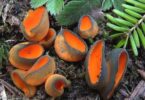
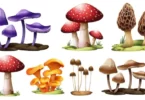
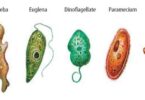
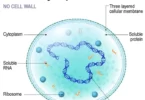
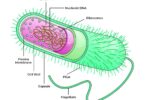
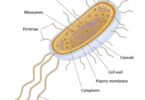
Leave a Comment